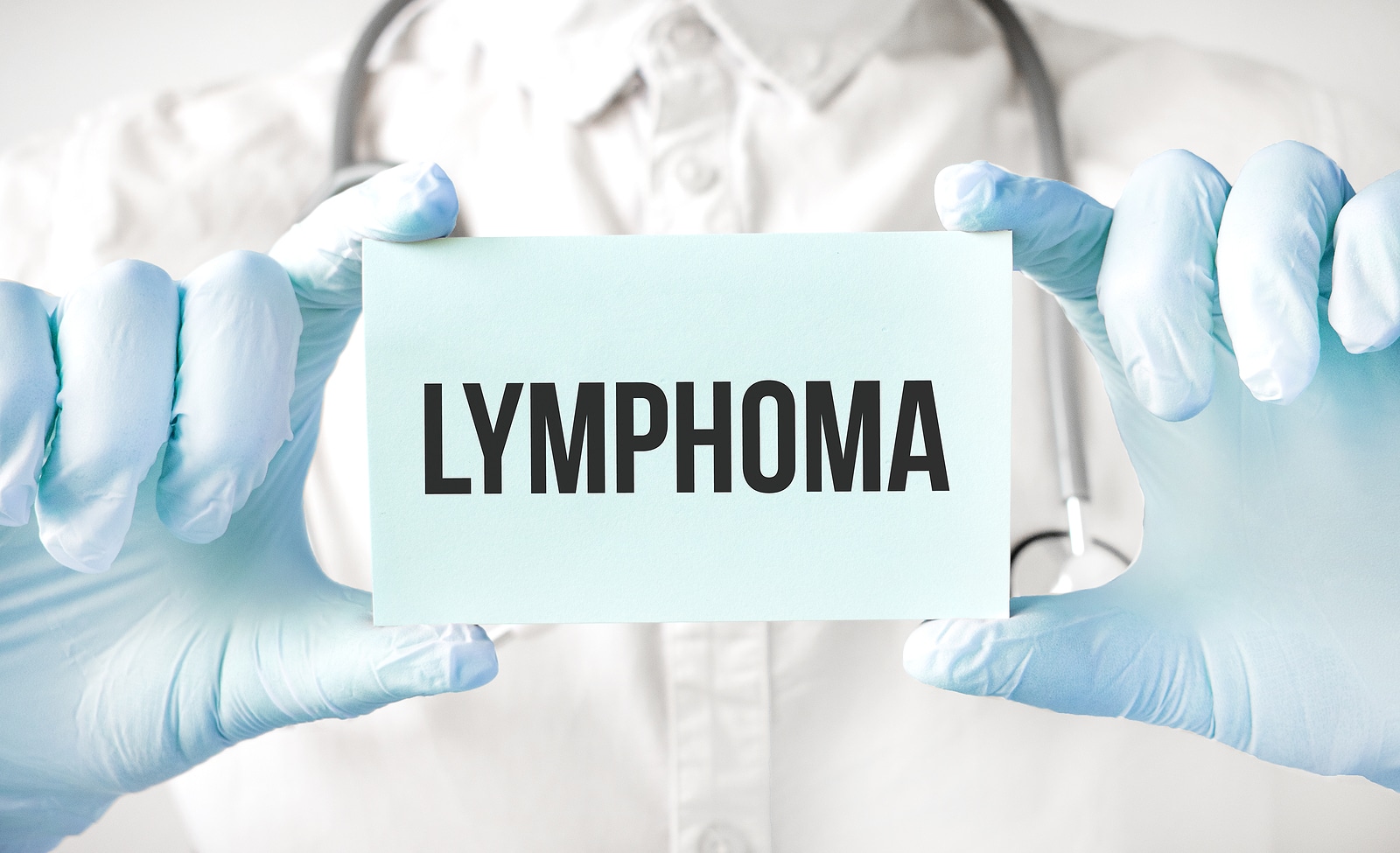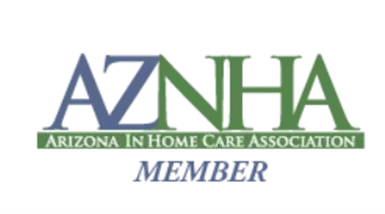Senior Health: Lymphoma is a type of cancer that starts in the lymphatic system, including bone marrow, lymph nodes, spleen, or thymus gland.
World Lymphoma Awareness Day falls every September 15th and is designed to bring awareness to this disease. Senior Health is important and you should know that there are several types of lymphoma to learn about, including:
- Hodgkin disease
- Non-Hodgkin disease
- Skin lymphoma
- Waldenstrom macroglobulinemia

Hodgkin Disease
People who are over the age of 55 have a higher risk of developing Hodgkin disease. The average age at diagnosis is the late-30s. This cancer usually starts in the lymph nodes on the chest, neck, or armpits.
Mixed cellularity Hodgkin lymphoma is the most common type found in the elderly. The most common sign of the disease is a lump found under the armpit or on the neck. Some people find the lumps feel painful after having a few alcoholic drinks.
Non-Hodgkin Lymphoma
This is one of the nation’s most common types of cancer. It’s most common in children, teens, and young adults, but some patients are around the age of 65 when it’s diagnosed.
The common signs of non-Hodgkin lymphoma include fatigue, weight loss, swollen lymph nodes, and pressure in the chest. Some patients can only eat a small amount of food before feeling like they’ve overeaten.
Skin Lymphoma
Skin lymphoma forms small pimples or flat patches that are usually red or purple in color. If they get large enough, they may rupture and bleed. They can also be extremely itchy.
This type of lymphoma is not common. It’s more common in men and is usually diagnosed by the age of 60. If your mom or dad goes for regular skin cancer checks with a dermatologist, the pimples or patches may be detected early, which helps with the treatment.
Waldenstrom Macroglobulinemia
This is a rare form of lymphoma that affects an average of 1,250 Americans per year. The average age of onset is 70. With Waldenstrom macroglobulinemia, the cancer creates high numbers of abnormal antibodies that build up and affect the nervous system and vision. The antibodies take up space in the bone marrow and reduce red blood cells leading to anemia.
Signs include thickened blood that impacts blood flow in the brain and can lead to pain in the toes, fingers, ears, and nose tip. Night sweats, pins and needles, and weight loss are common signs. It can also cause kidney and heart problems.
If your mom or dad is diagnosed with any form of lymphoma, support is essential. There will be plenty of medical appointments and treatments. Support your parent at home by arranging help from senior home care aides.
Senior home care aides can drive your mom or dad to their appointments. They can cook meals and help your parents keep the home clean. They’re also an excellent way to make sure your parent has emotional support while undergoing treatments to ensure good senior health. Call an agency to learn more.
If you or an aging loved-one are considering hiring In-Home Care in Chandler, AZ, or anywhere in the East Valley, please contact the caring staff at Legacy Home Care.
Call (480) 777-0070
Sources:
https://www.cancer.org/cancer/lymphoma.html
Legacy Home Care has been serving the valley since 2007. We are family owned and operated with over 75 caregivers. We offer a customized care plan that includes services such as: Hourly Senior Home Care, 24-Hour Home Care, Dementia Care, Personal Care and Companion Care. Also ask us about our Veterans' Home Care program.
- How to Cope with a Family Member Living with Dementia? - April 8, 2025
- Health Dangers of Stress for Seniors - March 20, 2025
- Why Companion Care Is Great For Seniors Living At Home - March 7, 2025



